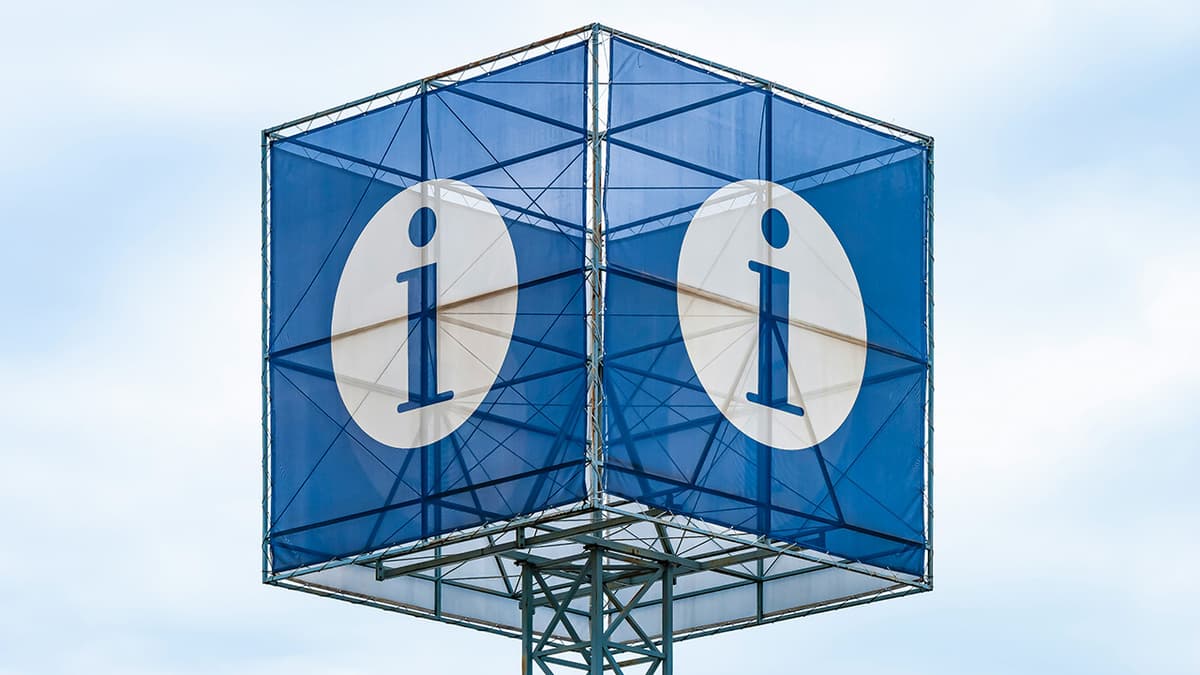How Do You Find and Set Up Keywords for Your Google PPC Campaign?
Picture this: you're at the helm of your fledgling online business, and you've decided to harness the power of Google Ads to catapult your brand into the digital stratosphere. But wait, where do you start? How do you ensure that your ad campaigns reach the right people? The key lies in finding and setting up the perfect keywords for your Google Pay-Per-Click (PPC) campaign. Let's explore this step by step to ensure your ads land in front of audiences who are eager to engage.
What Are Keywords and Why Are They Important?
First things first, let's define what we're talking about. Keywords are words or phrases that potential customers type into the Google search bar when looking for products, services, or information. These magic words help Google decide which ads to show in response to a user's query.
Why are keywords vital? Simple: hitting the bullseye. With the right keywords, your ads will appear to those most likely to click through and convert, saving you both time and money.
Start with Brainstorming
Grab a pen and paper or open a new document on your computer. Begin brainstorming all the terms related to your business. Think like your customer. If you were looking for your products or services, what words would you type into Google?
For example, let’s say you run a cozy little coffee shop. Potential keywords might include "best coffee near me," "freshly brewed coffee," or "organic coffee beans."
Use Tools to Expand Your List
Your initial brainstorm is just the beginning. Let's add some firepower by utilizing keyword research tools that can offer comprehensive suggestions.
Google Keyword Planner
Google's own Keyword Planner is an excellent place to start. It can provide a plethora of keyword ideas, alongside data on how many people are searching those terms, helping you gauge interest.
- Sign in to your Google Ads account.
- Navigate to the "Tools & Settings" menu and select "Keyword Planner."
- Choose "Discover new keywords" and enter your brainstormed terms.
- Google will generate a list of related keywords complete with their search volumes.
SEMrush
SEMrush is another powerhouse for keyword research. It can help identify the keywords your competitors are using, which can be incredibly valuable.
- Head to SEMrush and sign up for an account.
- Use the Keyword Magic Tool to enter your initial keywords.
- SEMrush will supply you with a vast array of related keywords, their search volumes, and competition levels.
AnswerThePublic
Ever wonder what questions people are asking about your industry? AnswerThePublic takes your keywords and turns them into questions, revealing phrases you might not have considered.
- Go to AnswerThePublic.
- Type in your core keywords.
- Explore the spider web of questions and phrases that unfold.
This reveals the search intent behind keywords, helping you target more specific queries.
Refine Your List
Now that you have a huge list of potential keywords, it’s time to refine. Not all keywords are created equal. Some will be more relevant to your business and customer’s intent than others.
Consider Search Volume and Competition
High search volume means many people are searching for that keyword, but it often comes with high competition—meaning other businesses are also bidding on that term.
Low competition keywords might have fewer searches but can be easier to rank for and less costly. Aim for a mix of high and low competition keywords to create a balanced strategy.
Use Negative Keywords
Negative keywords ensure your ads don’t show up for irrelevant queries. For instance, if you’re selling premium coffee, you might want to add “cheap” or “discount” as negative keywords to avoid attracting bargain hunters.
Set Up Your Keywords in Google Ads
Once your keywords are polished, it’s time to plug them into Google Ads.
Organize Keywords into Ad Groups
Group your keywords into themes or categories. This helps in creating highly relevant ads for each group. For example:
-
Ad Group 1: Best Coffee
- Keywords: best coffee near me, top-rated coffee, best arabica coffee
-
Ad Group 2: Organic Coffee
- Keywords: organic coffee beans, organic fair-trade coffee, best organic coffee shops
Match Types
Google offers different match types—Broad Match, Broad Match Modifier, Phrase Match, and Exact Match. Each offers different levels of control over how closely the search query needs to match your keyword:
- Broad Match: Ads show for searches related to your keyword.
- Broad Match Modifier: Ads show for searches that include words closely related to your keyword.
- Phrase Match: Ads show for searches that include the meaning of your keyword.
- Exact Match: Ads show for searches that match your keyword exactly.
Keyword Bidding
Set an initial bid based on the average cost-per-click (CPC) data from your keyword research. This isn’t set in stone. Monitor your campaigns and adjust bids based on performance.
Monitor and Adjust
The work doesn’t end after hitting the launch button. Regularly monitor your campaigns to see which keywords are driving clicks and conversions. Google Ads provides a wealth of data to inform your decisions.
- Pause or remove underperforming keywords.
- Test new keywords to continually optimize.
- Adjust bids based on the success rate.
Finding and setting up keywords for a Google PPC campaign is a mix of creativity, research, and ongoing refinement. With the right keywords, you ensure your ads reach an audience that's eager to hear what you have to say. This targeted approach maximizes both your efficiency and conversion rate, propelling your business towards its goals.
So grab your list, fire up those tools, and start crafting compelling PPC campaigns that speak directly to your ideal customers. Your digital marketing journey is just beginning—enjoy the ride!












